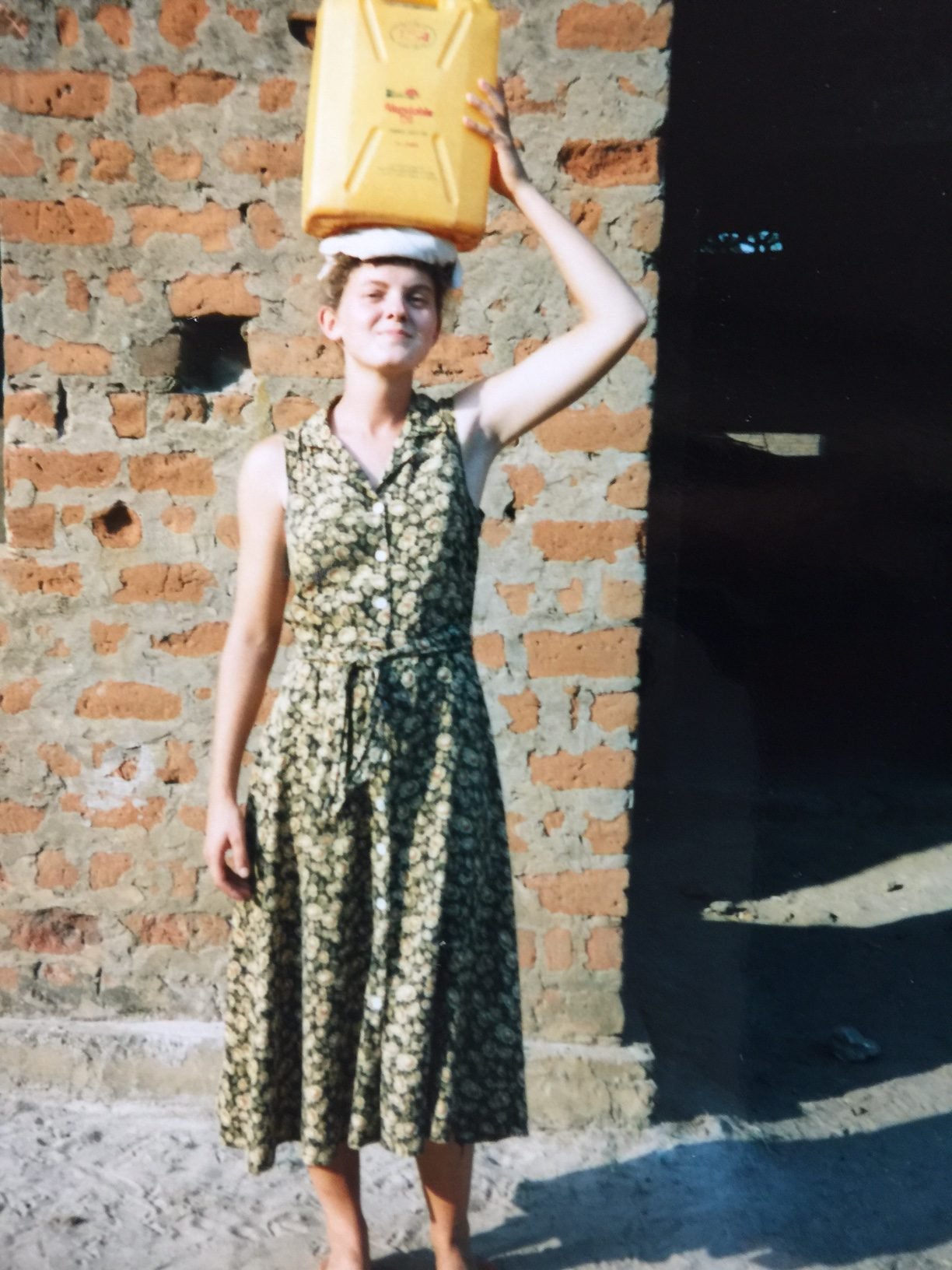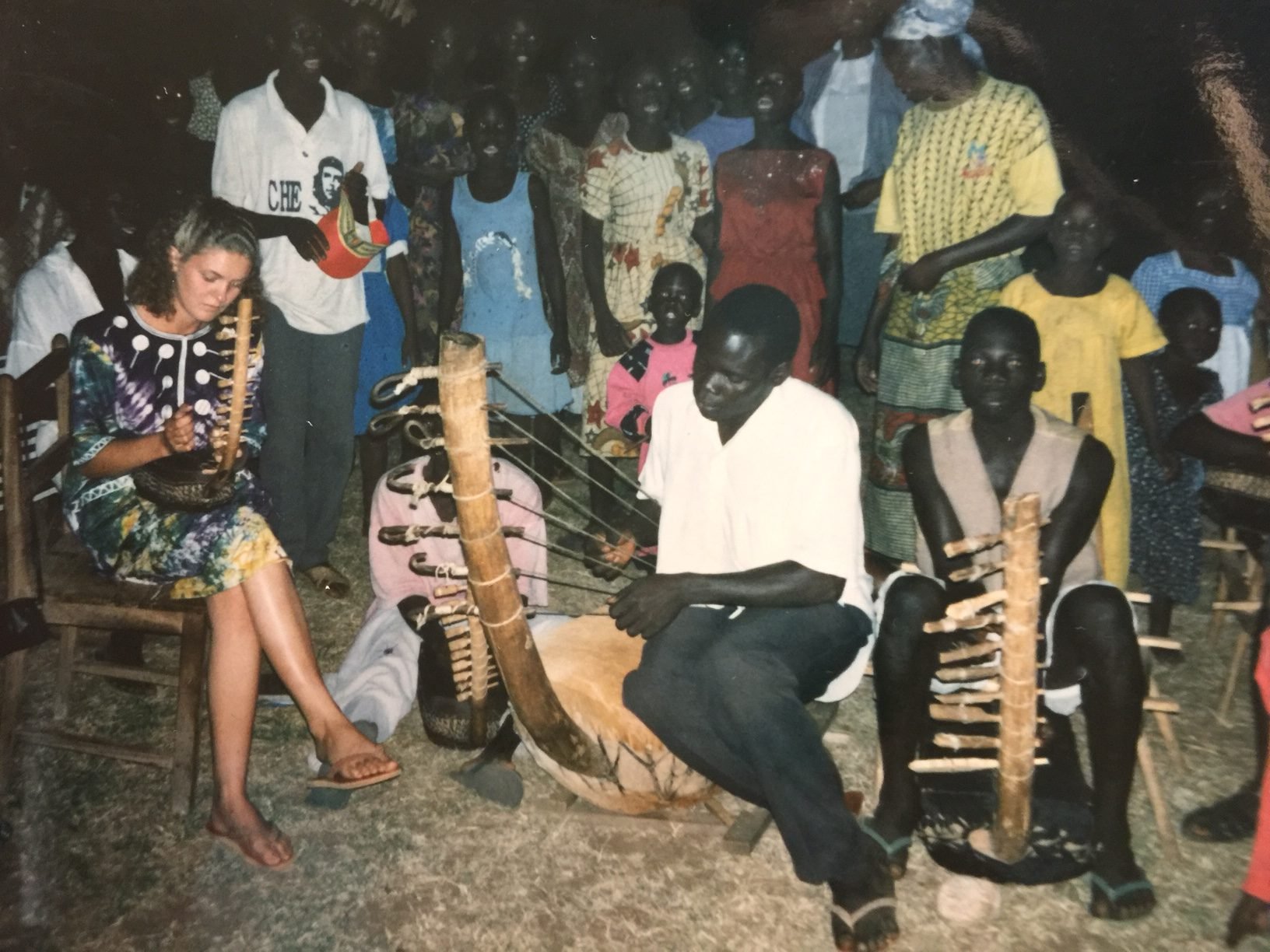Dear Fall 2020 Study Abroad Students,
As you know, Michigan Tech has been monitoring the CDC guidelines regarding COVID-19 and international travel.
Regrettably, in order to protect your health, and to minimize the financial impact to all involved, Michigan Tech is cancelling all study abroad programs departing August through December 2020 due to the continued spread of COVID-19. This includes both European Project Semester programs and study abroad programs operated by third-party providers.
Like you, we are deeply disappointed by the need to make this decision. We highly value the unique, soul-enriching, perspective-changing experience of study abroad. Ultimately, our higher priorities must be to protect your personal health, minimize disruptions to your academic success, and promote the well-being of the entire Michigan Technological University community.
We know that this decision will affect each of you in different ways and that you have each been preparing for the possibility that your program might be canceled by delaying your bookings and enrolling in Fall courses at Michigan Tech as a backup.
Students with questions about how this cancellation affects degree programs including minors and certificates, should contact academic advisors and faculty program leaders as soon as possible. Please also feel free to contact Vienna Chapin if you have any questions about this cancellation, or if you would like to meet virtually to plan an alternative future study abroad experience. Vienna can be reached by email, vrchapin@mtu.edu, or by phone (906) 487-1976.
Lorelle Meadows, PhD
Dean, Pavlis Honors College


